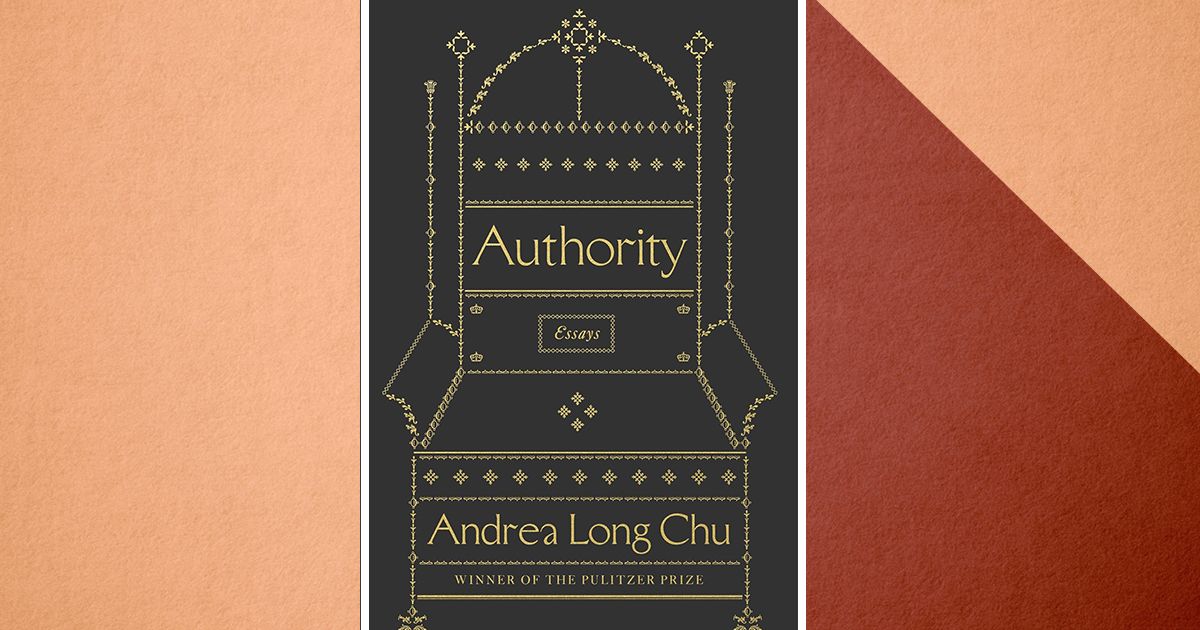
"It has become common to say that criticism is in a state of crisis, but critics have been saying that since criticism first emerged."
"The authority for an aesthetic judgment isnât found on an objective basis; it often intertwines with political, moral, or personal interests."
"Criticism can be seen as a political project, reflecting the criticâs relationship to state and authority, as per Kant's vision of enlightenment."
"There is no failure-free way in criticism; we must recognize that the act itself often brings personal biases and interests into play."
Andrea Long Chu's new book, Authority, compiles her essays on the evolution and significance of criticism. Through her exploration, she argues that the perceived crisis in criticism is a recurring theme throughout its history, advocating for an understanding of criticism as a political endeavor. During her book launch conversation with Arielle Angel, Chu emphasizes how aesthetic judgments are inherently subjective, affected by personal and political interests. She contends that critics navigate their ideal relationships to authority, mirroring philosophical perspectives like Kantâs, and acknowledges the prevalence of bias in critical assessments.
Read at Vulture
Unable to calculate read time
Collection
[
|
...
]